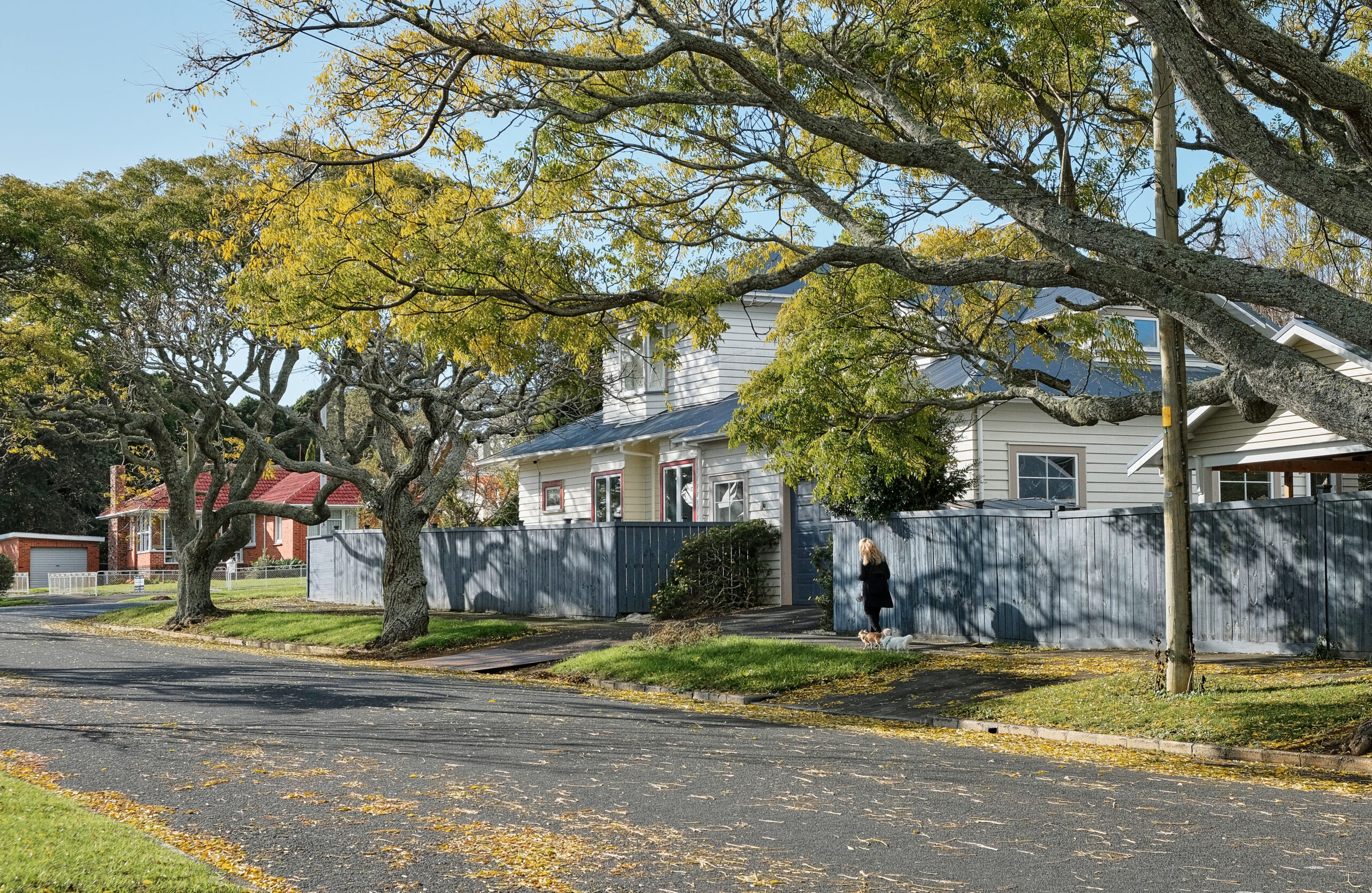Why ending a tenancy may become a lot more complex with the removal of the 90-day no-cause termination
‘Was I too demanding? Was I too negative? Did they not like my lifestyle?
No, we are not talking about a failed relationship. Well, we are. Landlords and tenants have been breaking up all the time and typically, it is the tenant who ends the relationship. On rare occasions, it is the landlord who will give notice to the tenant. This will likely be for reasons such as they are moving back into the property or they have sold it. But, on the very rare occasion, a tenancy will end without a reason being given to the tenant. This is usually because something has gone seriously wrong with the relationship.
It is hardly ever used but when it is there will be a reason behind it. Whether the reason is valid can be open to debate.
And this is where the issues lie. As more and more tenants are forced into renting long term, the Government is taking steps to provide tenants with greater security. In November, Associate Housing Minister Kris Faafoi announced proposed changes to the Residential Tenancies Act (RTA) that has caused more than a stir of discontent throughout the realms of landlord and investor groups. There have been several proposed changes such as allowing tenants to make minor modifications, reducing how often landlords can increase rents and increasing the woefully inadequate exemplary damages. But without a doubt, the most controversial of the proposed changes is the removal of the 90-day no-cause termination meaning that every time a landlord wants to end a tenancy, they must give the tenant a valid reason. At the moment, you do not have to do this and the Government feels that this has to change.
On the rare occasion that it is used, and one must state that it is very, very rare, the fear for the Government is that it is being used unjustifiably so. Where a tenant may be exercising their rights to request necessary repairs and maintenance, the landlord may just give the tenants 90 days’ notice to vacate instead. This is unfair and unjust. However, there is protection for tenants against this from taking place. Section 54 of the RTA highlights that a notice may be invalid if it is given in a retaliatory nature. The current maximum amount of exemplary damages that can be awarded is $4,000 for breaches of retaliatory notice however this is likely to increase significantly with proposed increases with the reforms.
What is wrong with just applying to Tenancy Tribunal?
Landlords and Property Managers, however, will argue that having the 90-day no-cause option is a necessary tool that they need to use against anti-social tenants. When tenants behave badly this can be used in such a way to avoid the need to go to the Tenancy Tribunal to get an order to end the tenancy. Also, neighbours may not be willing to give evidence as they may fear for their well being as there is no guarantee that the Tribunal will end the tenancy.
What about the fixed term?
With the removal of the 90-day no-cause termination, wouldn’t you just put all your tenancies onto a fixed term tenancy? Then if the tenancy goes bad, you simply refuse to renew the contract once the term ends. The Government has realised that this is what will likely happen and have made changes that may see an end to the fixed term as we know it.
If a landlord does not want to renew a fixed term, like with periodic tenancies, they must have a valid reason not to renew or the tenant must also be in agreement that it will not be renewed. This means, even if the landlord does not want to extend the tenancy unless they have a valid reason, the tenancy will continue.
The details will be announced when Parliament resumes in early 2020 and when the bill is presented, the full details of the proposals will be reviewed and analysed in depth. Business constantly changes and being a landlord is no different. Ensure that you keep yourself well informed and if you are selecting a tenant, ensure that you do full due diligence because breaking up with your tenant is just about to get a whole lot harder to do.
Proposed changes to the notice periods
Periodic tenancy agreements can only be ended by the landlord for one of the following reasons, which will be listed in the RTA:
- The landlord intends to make the property available for sale within 90 days of the tenant leaving the property.
- If the property was acquired for a business use other than residential rental accommodation and termination is required for the business.
- The landlord intends to carry out extensive alterations or redevelopment at the property and it would be unpractical for the tenant to live there during that process.
- The landlord wants to change the use of the premises.
- The premises are to be demolished.
- The landlord is not the owner of the property, and the landlord’s interest ends.
- If the landlord has issued a tenant three notices for separate antisocial acts in any 90 days and applies to the Tenancy Tribunal to end the tenancy.
- If the landlord has given notice that a tenant has been at least five working days late with their rent payment on three separate occasions within 90 days, and applies to the Tenancy Tribunal to end the tenancy.
- When a family member uses the premises as their principal place of residence, the notice period will extend from 42 days to 63 days
- The property sells on a periodic tenancy with vacant possession, this extends from 42 days to 90 days.
Complete a short survey and tell us what you think about the proposed changes.
Real iQ is the largest training provider to the Property Management industry delivering the only NZQA recognised Property Management qualification in partnership with The Skills Organisation.
Real iQ has developed an online learning platform that is ideal for landlords who want to expand their knowledge base so that they can maximise the performance of their property portfolio. The Real iQ Academy is a training platform aimed at self-managing landlords and new entrants to the Property Management industry. For more information visit Real iQ


